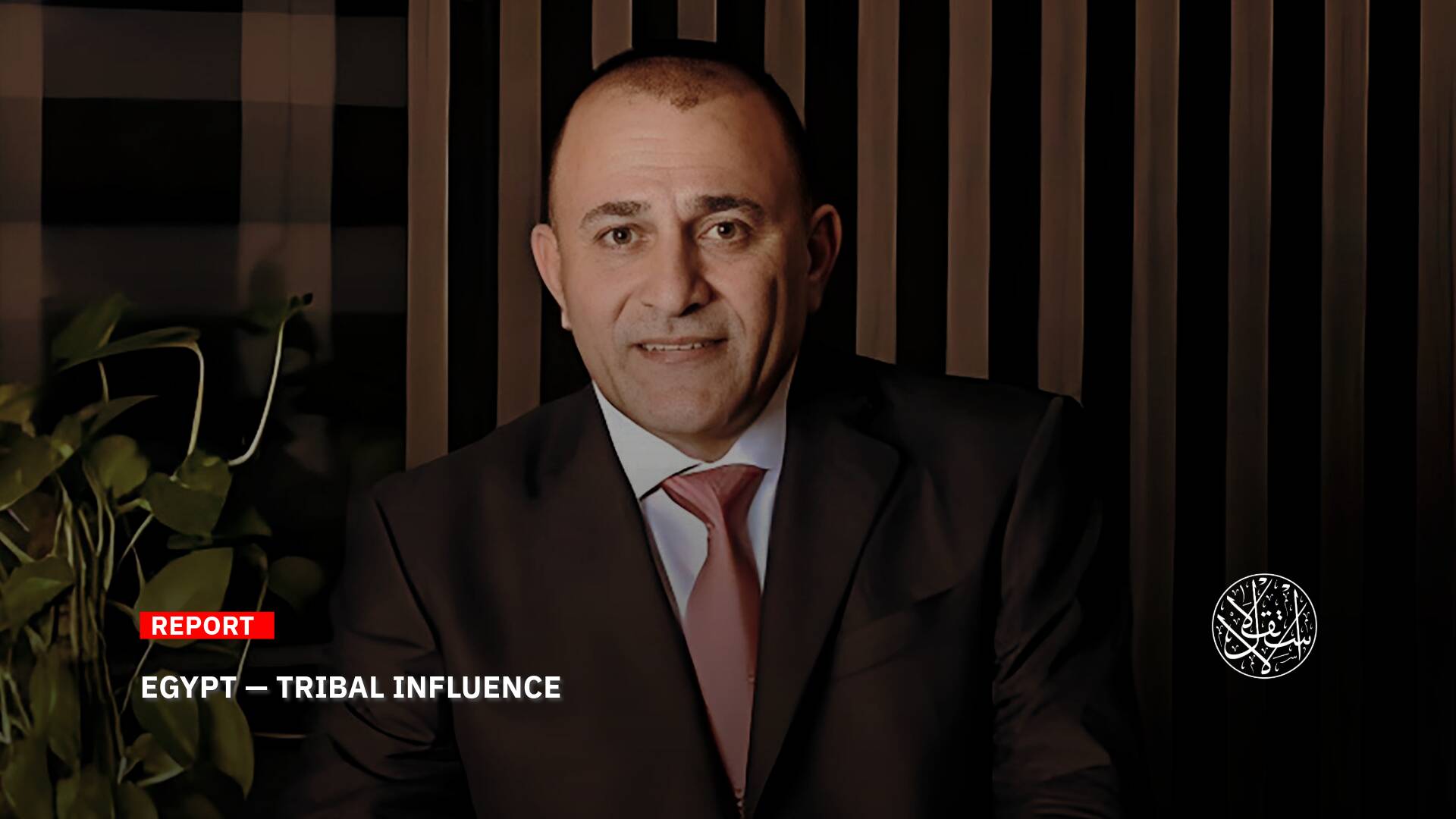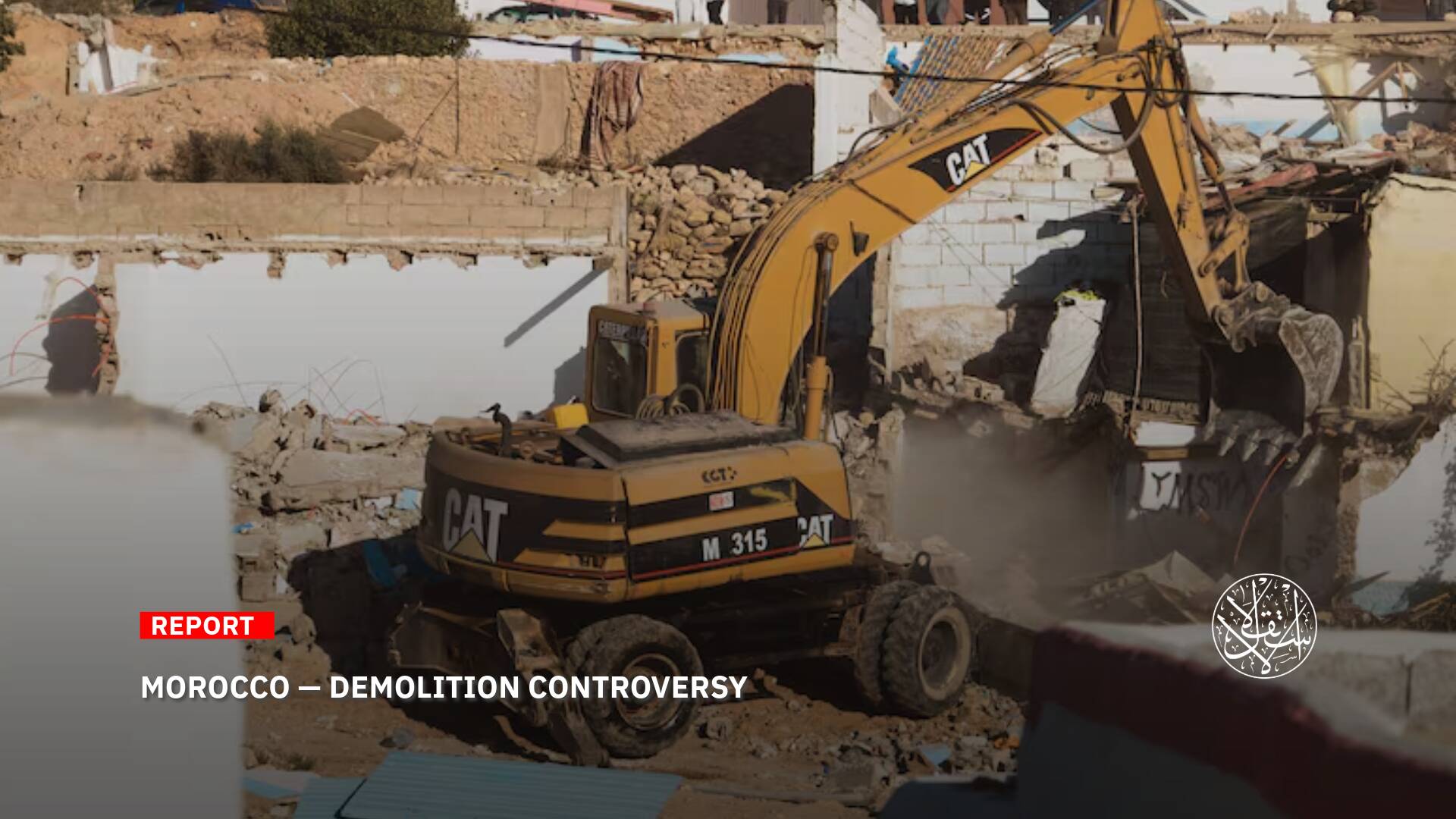New Kind of Threat: Can ‘Israel’ Eliminate Houthi Leaders in Yemen?

“Regional countries may provide Israel with information through the West.”
In an unprecedented threat, Israeli War Minister Israel Katz vowed to assassinate leaders of the Houthi movement in Yemen, similar to what “Israel” had done with leaders of Hezbollah in Lebanon and Hamas in Palestine. This threat comes in response to missiles fired by the Houthis that targeted central Tel Aviv.
The Israeli threat to eliminate Houthi leaders has raised questions about whether “Israel” can carry out such operations, given the geographic distance of Yemen and the fact that “Israel” has never conducted such targeted killings there, unlike in Iran, Syria, and Lebanon, where these operations were major breakthroughs.
‘A Clear Message’
In an Israeli admission, War Minister Katz acknowledged the assassination of Hamas leader Ismail Haniyeh and threatened Houthi leaders with the same fate, saying, “We will strike [the Houthis’] strategic infrastructure and decapitate its leaders. Just as we did to Haniyeh, Sinwar, and Nasrallah, in Tehran, Gaza, and Lebanon — we will do in Hodeidah and Sana’a,” Katz says, referring to the slain leaders of Hamas and Hezbollah.
“Whoever raises a hand against Israel will have their hand cut off, and the long arm of the IDF will strike them and settle the score,” he added.
Katz made these remarks during a speech broadcast by the Israeli Public Broadcasting Corporation on December 23, 2024, following the failure of Israeli war systems to intercept a ballistic missile launched by the Houthis at Tel Aviv, which resulted in 20 injuries and damage to numerous apartments in the area.
In his speech, Katz emphasized, “In these days, when the Houthi terror organization is firing missiles at Israel, I want to convey a clear message to them: We have defeated Hamas, we have defeated Hezbollah, we have blinded the defense systems in Iran, and damaged the [missile] production systems. We have overthrown the Assad regime in Syria, we have dealt heavy blows to the ‘axis of evil,’ and we will also severely strike the Houthi terror organization in Yemen, which remains the last one standing.”
On the morning of December 23, the Houthis announced that they had attacked military targets in Yafa and Ashkelon in central and southern “Israel” using two drones.
The day before, Israeli Prime Minister Benjamin Netanyahu said “Israel” will continue “to take action” against the Houthis, accusing them of threatening global shipping and the international order, and urging Israelis to remain steadfast.
A day after the Houthi missile, he added in a video statement, “Just as we acted forcefully against the terrorist arms of Iran's axis of evil, so we will act against the Houthis.”
On December 19, the Israeli military announced it had launched airstrikes on targets in Yemen in two waves. The first focused on Houthi positions in the coastal region, while the second targeted sites in the capital Sana'a, which the Houthis have controlled since 2014.
The areas targeted by “Israel” in Yemen are considered by the Israeli military as vital economic and strategic sources for the Houthis, who are listed as a terrorist organization by the U.S. This includes ports that are allegedly used for arms smuggling.

‘Target Bank’
Regarding the Israeli Occupation’s ability to target Houthi leaders, Yemeni writer and political analyst Abdul-Baqi Shamsan said the recent Israeli threat is serious. “The first phase took place in Lebanon and Syria, and now Tel Aviv aims to complete it, seeking to secure a certain level of stability for itself,” he told Al-Estiklal.
“The Houthis are attempting to disrupt the situation by repeatedly targeting Israel. The recent attack wasn't just aimed at Israel, but also serves as a message to neighboring countries, showing them that the Houthis are capable of disturbing their plans and can target any nation trying to exploit this time to strike at them.”
Shamsan noted that “Iran has clearly instructed its forces to ramp up the attacks, sending a strong message that it remains a key player in the Middle East. With its proxies, Iran has the power to destabilize the region, putting pressure on others to negotiate for de-escalation.”
“The battle has moved to Yemen through the Houthis, shifting focus away from targeting Iran and helping to preserve Hezbollah's remaining capabilities. Today, the spotlight is on Yemen instead of Syria and Lebanon.”
The analyst believes that “Tel Aviv is set to carry out its threats against Houthi leaders, positioning itself as a regional power capable of containing Iran and diminishing its threat. This aligns with the Abraham Accords, where Israel forms alliances as a regional power backed by the United States.”
“Many Arab countries will provide information to Israel, but not directly. There are American and European security and military cooperation agreements with countries in the region, allowing for the exchange of information. As a result, Israel could access a target bank of Houthi leaders.”
“I believe Netanyahu needs to open multiple fronts and take advantage of what is happening in the region to complete Israel's strategic project. The message to the entire region is clear: Israel is strong and will not be uprooted through military action,” he added.
Shamsan predicts that Houthi leaders will be targeted and weakened. “Therefore, Yemen’s internal situation must be organized so that it can maintain control in the event of airstrikes and Houthi leadership assassinations.”
“Achieving this requires a strong Yemeni presence on the ground. However, the existence of various internal projects and divisions between Saudi Arabia, the UAE, and Oman over the arrangement of Yemen's geography and political system poses a significant obstacle,” he concluded.

‘Iran First’
In a shift of focus, Hebrew media have argued that the Israeli Occupation’s response to Houthi attacks should primarily target Iran if it intends to mitigate the Houthi threat.
This view was expressed by columnist Ben-Dror Yemini in an article published in Yedioth Ahronoth on December 22.
Yemini noted that Israeli, American, and British airstrikes on Sana'a would likely result in little more than a temporary reprieve from the Houthi threat. He described the Houthis as not a proper state but “a terrorist organization that has seized control of half a country, where two-thirds of the population faces food insecurity and hunger. According to Yemini, the civil war has claimed nearly half a million lives over the past decade.
He further explained that the Houthis, with Iranian support, had taken control of the Bab al-Mandab Strait but were uninterested in the welfare of the Yemeni people. Instead, they used Iranian military aid to disrupt trade and launch ballistic missiles toward “Israel,” all while millions of Yemenis suffer from hunger.
Yemini argued that the Houthis could not be deterred by destructive strikes alone, citing the intervention of Saudi Arabia and the UAE in Yemen. These countries launched devastating attacks on Houthi infrastructure, but the Houthis showed unyielding resilience, leading to eventual retreats by both Abu Dhabi and Riyadh, which in turn marked a “strategic victory” for Iran.
He emphasized that “Israel” would be following a similar path if it continued to rely on such strikes, as they are unlikely to deter the Houthis, even with far more powerful responses than the damage caused by Houthi missiles.
Yemini outlined two complementary approaches to neutralizing the “Houthi threat.” The first involves negotiating a deal for the release of hostages and a ceasefire in Gaza. Unlike Hezbollah, he noted that the Houthis showed determination to continue until the war ends.
The Houthis do not pose an existential threat to Israel, according to the Israeli analyst, but rather serve as a “nuisance,” aiming to drag “Israel” into a war of attrition. However, given the current circumstances, Iran remains the greater danger and the more vulnerable target. That, he concluded, is where the focus should be.

In a similar vein, Ma'ariv stated on December 21 that “Israel” is unable to face the challenge posed by the Houthis and has woken up too late to the threat coming from the East. The paper argued that Israel's response to this threat has been weak.
Maariv urged the Israeli military not to settle for merely bombing a fuel tank or a few old tugboats in a small port in Yemen, but rather to take “real action” not only in Yemen but also against those who “operate and initiate Houthi activities” based in Tehran.
Since November 2023, the Houthis have been attacking commercial ships affiliated with the Israeli Occupation in the Red Sea and Gulf of Aden from areas under their control in Yemen.
They justify these actions as support for Palestinians in Gaza, where “Israel” has been waging a devastating war for more than a year.
Sources
- Netanyahu says Israel will continue to act against the Houthis
- Defense Minister Katz confirms for first time: Israel assassinated Hamas leader Ismail Haniyeh in Tehran
- Tehran must be defeated before Sanaa
- Maariv: Israel is unable to confront the Houthi challenge [Arabic]
- Israeli attacks on Yemen: Will they deter the Houthis? [Arabic]
- Maariv Israeli newspaper says the “Israeli army” and security establishment admit difficulty in fighting “Houthis” due to intelligence-gathering challenges.
- “Defeat Tehran, not Sana'a” – Yedioth Ahronoth [Arabic]
- 20 Israelis injured after missile fired from Yemen, Houthis vow to continue attacks [Arabic]












